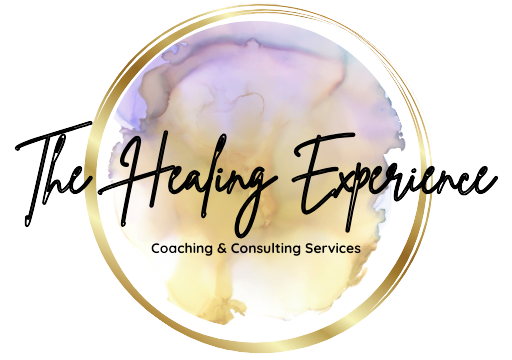
Boundaries are like the invisible fences that define our personal space, emotional limits, and what we consider acceptable in our relationships and interactions. Healthy boundaries help us maintain our self-respect, protect our emotional well-being, and foster positive connections with others. However, when these boundaries are wounded or violated, it can deeply impact our mental and emotional health.
What are Wounded Boundaries?
Wounded boundaries occur when our limits are repeatedly crossed, ignored, or disrespected. This can happen in various ways:
- Physical Boundaries: Physical boundaries involve our personal space and touch. Wounded physical boundaries may occur through unwanted physical contact, invasion of personal space, or not respecting our need for physical privacy.
- Emotional Boundaries: Emotional boundaries pertain to our feelings, thoughts, and emotional autonomy. When emotional boundaries are wounded, it often involves emotional manipulation, invalidation of feelings, or being pressured to share more than we are comfortable with.
- Material Boundaries: Material boundaries relate to our possessions, money, and resources. Wounded material boundaries can manifest as others taking advantage of our generosity, borrowing without asking, or expecting financial support without reciprocation.
- Time Boundaries: Time boundaries involve respecting our schedules, priorities, and personal time. Wounded time boundaries occur when others consistently disregard our time commitments, constantly interrupt us, or impose unrealistic demands on our schedule.
Signs of Wounded Boundaries
Recognizing wounded boundaries is crucial for reclaiming our personal space and emotional well-being. Here are some signs that your boundaries may be wounded:
- Feeling Resentful: You often feel resentful or frustrated after interactions with certain people.
- Difficulty Saying No: You find it hard to say no or set limits, fearing conflict or rejection.
- Overcommitting: You regularly overcommit yourself, neglecting your own needs and priorities.
- Feeling Guilty: You experience guilt or shame when asserting your boundaries or taking time for yourself.
Healing Wounded Boundaries
Healing wounded boundaries involves self-awareness, assertiveness, and sometimes seeking support from trusted individuals or professionals. Here are steps you can take to start healing:
- Identify Your Boundaries: Reflect on your personal limits and what feels comfortable or uncomfortable for you in different areas of your life.
- Communicate Clearly: Practice assertive communication by clearly stating your needs, limits, and preferences to others.
- Set Limits: Learn to say no when necessary and set boundaries that protect your well-being.
- Seek Support: Surround yourself with supportive individuals who respect your boundaries and seek professional help if you need additional guidance.
- Know When It Is Time to Stop “Pouring”: Recognizing when your efforts, whether emotional, time-related, or otherwise, are not being appreciated or reciprocated in relationships or situations.
Understanding wounded boundaries is essential for maintaining healthy relationships and self-respect. By recognizing the signs of wounded boundaries and taking proactive steps to heal and protect them, you empower yourself to cultivate more fulfilling and balanced connections with others.
Remember, your boundaries are valid, and honoring them is a vital part of self-care and emotional health.
Until next time, stay well and take care…
Zelina Chinwoh, MSW, LCSW
For more related content like this, be sure to listen to “The Dear Unapologetically Me” podcast on Apple or Spotify. Also, check out The Healing Experience Now Website with all exclusive content and our YouTube page at The Healing Experience Now.
If you enjoyed this story, please recommend 👏 and share to help others find it!
Disclaimer: This article is intended for educational purposes only. The information provided is not a substitute for professional advice, diagnosis, or treatment. Always seek the guidance of a qualified healthcare provider or mental health professional with any questions you may have regarding your mental health or well-being.



